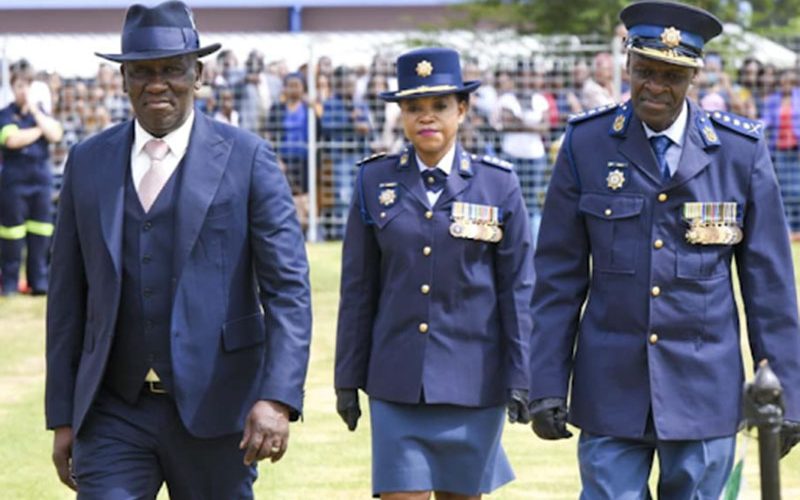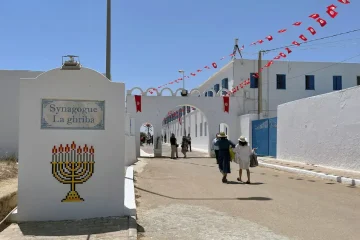AFRICAN MIRROR REPORTER
SOUTH African national police commissioner General Khehla Sitole has scored an important victory in the courts against his political boss, Police Minister Bheki Cele.
The North Gauteng High Court, sitting in Pretoria, has affirmed Sitole’s right to suspend his subordinates, suspected of misconduct. The court ruling flew in the face of an attempt by Cele to force Sitole to halt the suspension of six top police officers over the purchase of R1.5-million COVID-19 personal protection equipment (PPE). The top officers have been suspended for allegedly using the Secret Services Account illegally to purchase the PPEs.
The suspended officers tried to use Cele’s letter to have their suspensions declared unlawful but the court threw out their urgent application, declaring that it was Sitole’s prerogative to initiate investigations and disciplinary actions against them.
The generals who lost their bid to return to work are: Lieutenant-General PeterJacobs, national head of crime intelligence, Brigadier L. A. Lombard, Colonel I Walljee, Colonel M Gopal, Major-General MJ Lekalakala and Colonel B.W Matamela.
At the heart of the case of the police officers was the interpretation of the South Africa Police Act or the Intelligence Services Oversight Act (ISO) and the powers of the national police commissioner as well as those of the minister.
A month ago, after Jacobs was served with an intention to suspend him, Cele wrote twice to Sitole, instructing him to stop his actions as he, in terms of the ISO, had the power to recommend after receipt of a report from the Inspector-General of Intelligence.
Sitole responded with a firm stance that he would continue with the suspensions. He relied on the South Police Act and the Public Finance Management Act, which obliged him to act on allegations of financial misconduct.
In court yesterday, Jacobs in his founding papers, argued that the charges against him and the five officers reporting to him were baseless. Jacobs said he was sidelined for fighting corruption. He further argued that the suspensions were in contravention of the ISO.
Sitole’s responses in court papers were essentially the same as his rebuttal of Cele’s letters.

In his findings, Acting Judge Minaar said it was clear from contextual reading of Section 7 (7) of the ISO that the provision does not regulate the applicants suspensions nor does it create the pre-conditions sought to be read in by them.
“It does not provide that in the absence of the IGI submitting a report to the minister and in the absence of a decision by the minister, which is communicated to the national commissioner, that the national commissioner will have no power of suspension. The interpretation advanced by the applicants would lead to impractical consequences or that will stultify the broader operations of the legislation.
“It is the national commissioner’s prerogative as the employer to initiate investigations and disciplinary actions against the applicants as employees. The minister is responsible for determining national policy and the overall execution of the department’s mandate, in relation to key pieces of legislation. The national commissioner, on the hand, is the accounting officer of the SAPS. Deputy national commissioners, under whom the divisions and components of the SAPS fall, and provincial commissioners, under whom the cluster and station commanders fall, report to the national commissioner. The national commissioner has the power to suspend the applicants in terms of section 40 of the SAPS Act, read with regulations 4.5,8 and 10 of the disciplinary regulations. Furthermore, the national commissioner is obliged by section 51, read with section 86 of the PFMA to take appropriate action in cases of procurement irregularities and flouting of Treasury regulations. “














